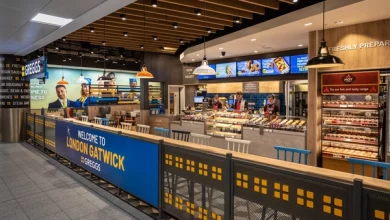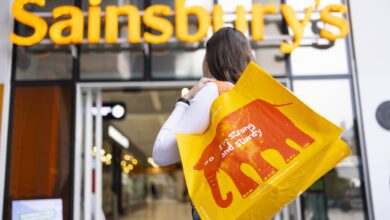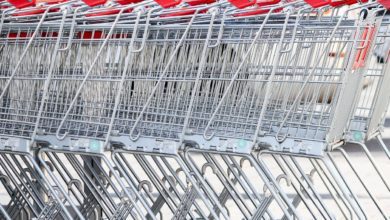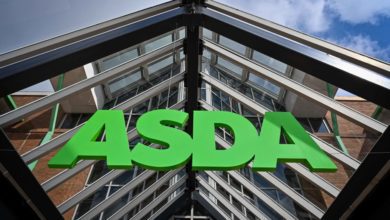Jan supermarket sales remain buoyant
NIQ data also found a reduction in promotional activity (23%), down from 26% over Christmas
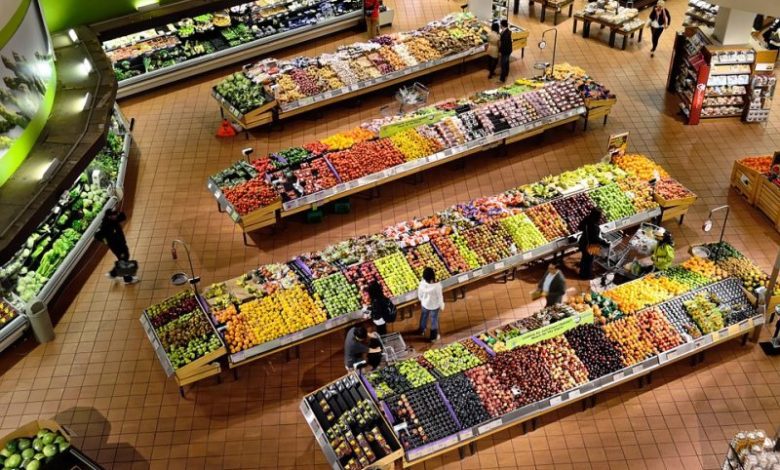
Total Till sales at UK supermarkets experienced continued growth (+6.6%) in the last four weeks ending 27 January 2024, according to new data released today by NIQ.


